21 results in Studies in Renaissance Literature
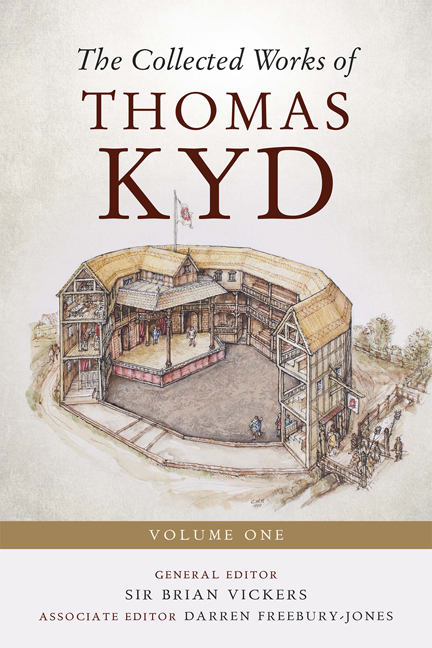
The Collected Works of Thomas Kyd
-
- Published by:
- Boydell & Brewer
- Published online:
- 16 May 2024
- Print publication:
- 05 March 2024
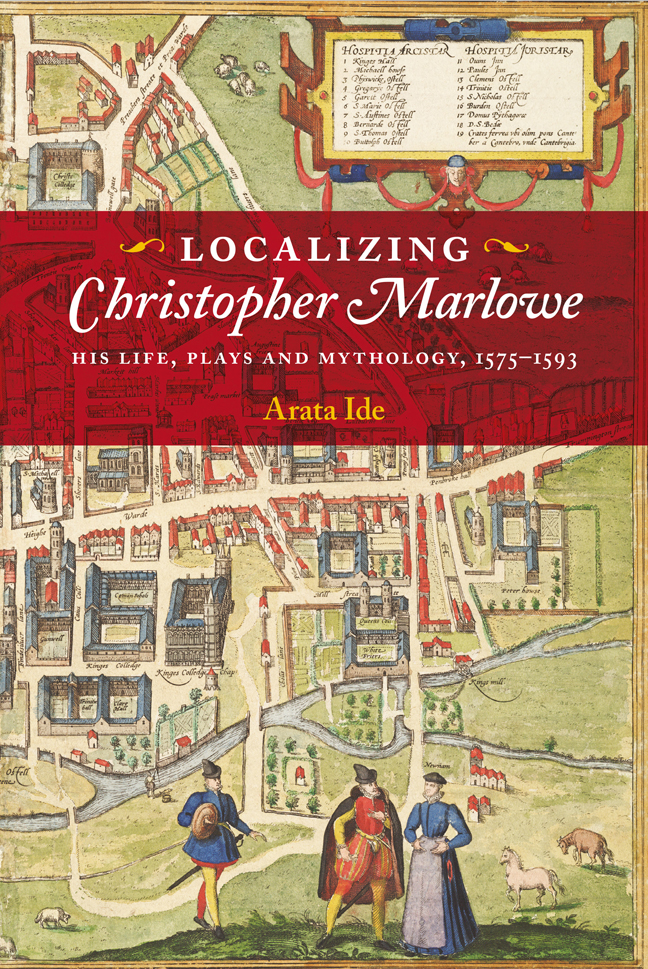
Localizing Christopher Marlowe
- His Life, Plays and Mythology, 1575-1593
-
- Published by:
- Boydell & Brewer
- Published online:
- 22 February 2024
- Print publication:
- 12 December 2023
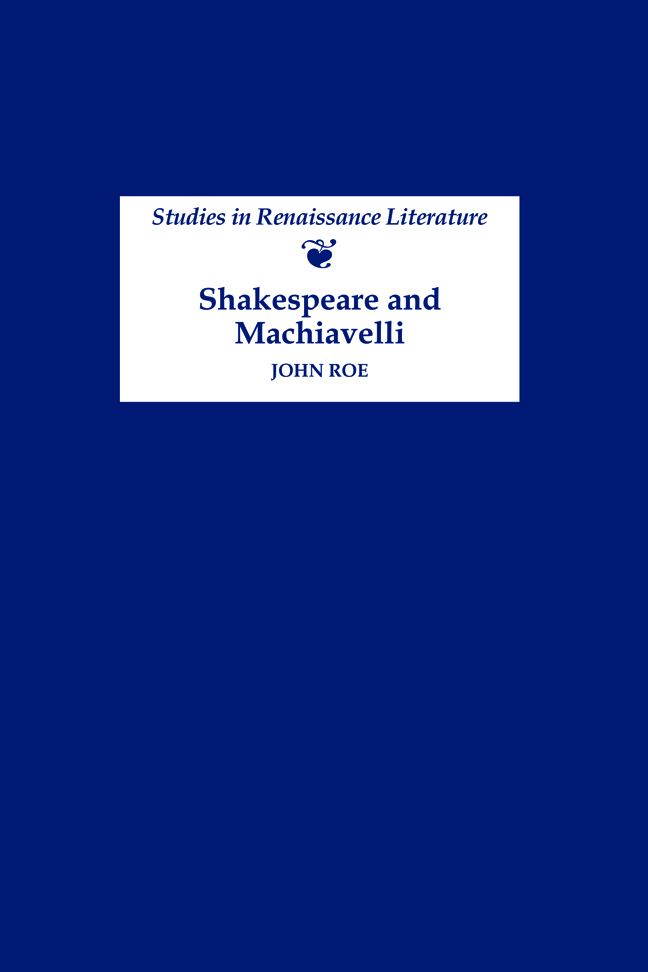
Shakespeare and Machiavelli
-
- Published by:
- Boydell & Brewer
- Published online:
- 15 February 2024
- Print publication:
- 01 March 2002
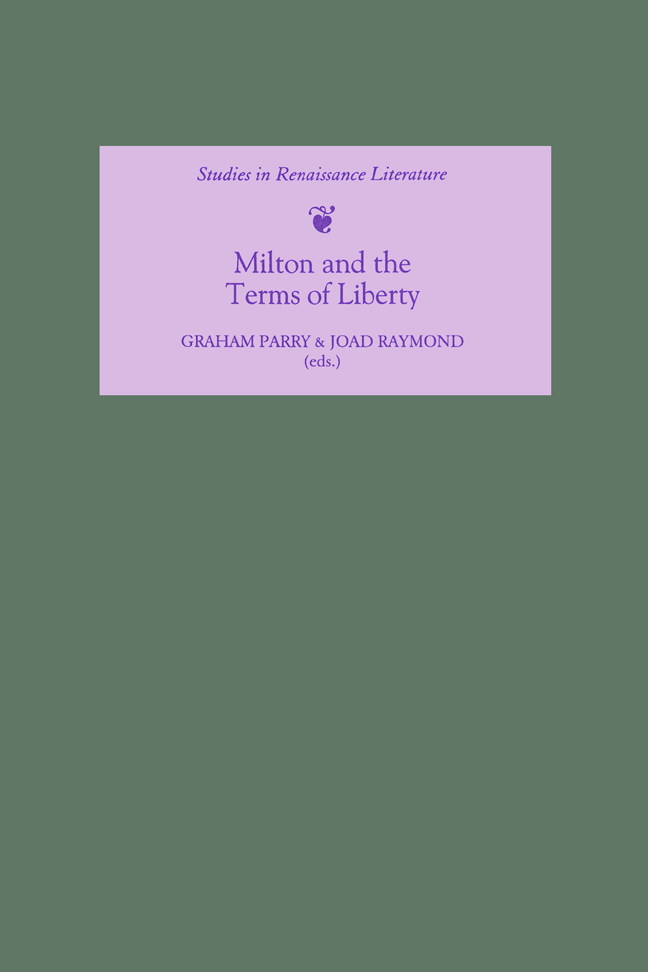
Milton and the Terms of Liberty
-
- Published by:
- Boydell & Brewer
- Published online:
- 15 February 2024
- Print publication:
- 15 October 2002
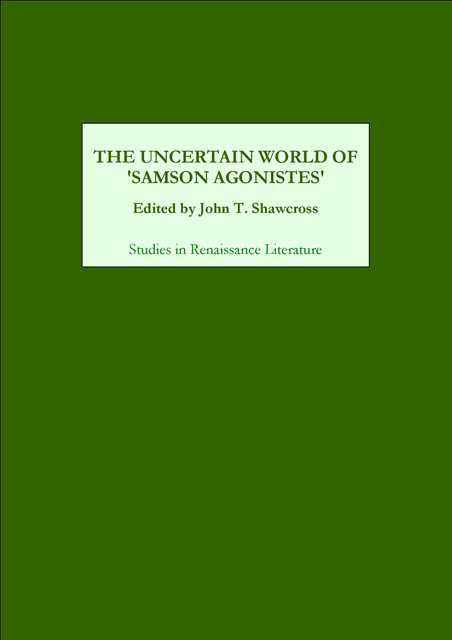
The Uncertain World of Samson Agonistes
-
- Published by:
- Boydell & Brewer
- Published online:
- 22 March 2023
- Print publication:
- 01 February 2001

Neo-Historicism
- Studies in Renaissance Literature, History and Politics
-
- Published by:
- Boydell & Brewer
- Published online:
- 22 March 2023
- Print publication:
- 02 November 2000
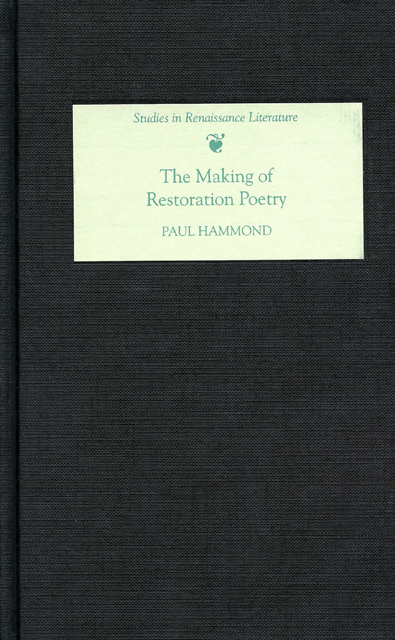
The Making of Restoration Poetry
-
- Published by:
- Boydell & Brewer
- Published online:
- 18 March 2023
- Print publication:
- 15 June 2006
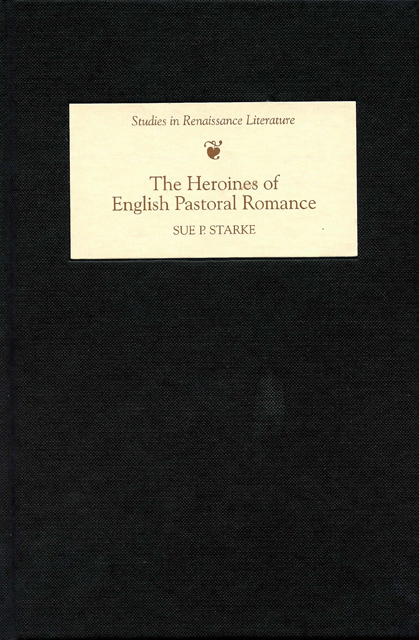
The Heroines of English Pastoral Romance
-
- Published by:
- Boydell & Brewer
- Published online:
- 10 March 2023
- Print publication:
- 16 August 2007
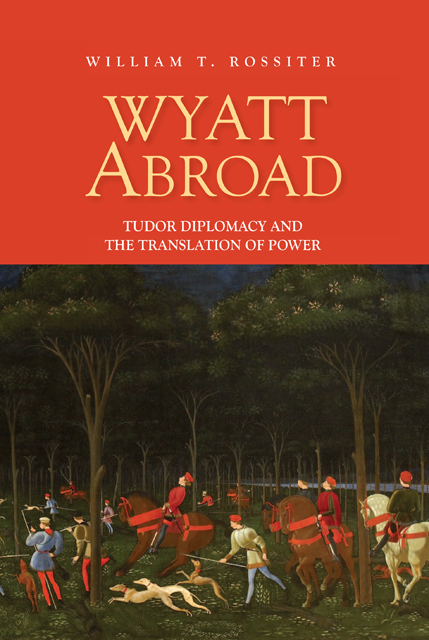
Wyatt Abroad
- Tudor Diplomacy and the Translation of Power
-
- Published by:
- Boydell & Brewer
- Published online:
- 23 February 2023
- Print publication:
- 20 November 2014
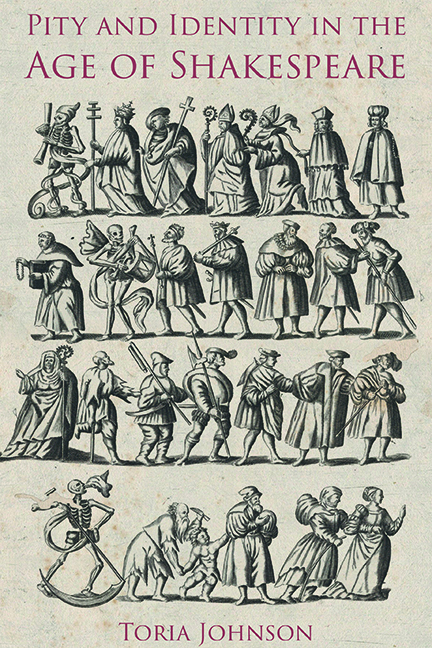
Pity and Identity in the Age of Shakespeare
-
- Published by:
- Boydell & Brewer
- Published online:
- 07 October 2022
- Print publication:
- 29 November 2021
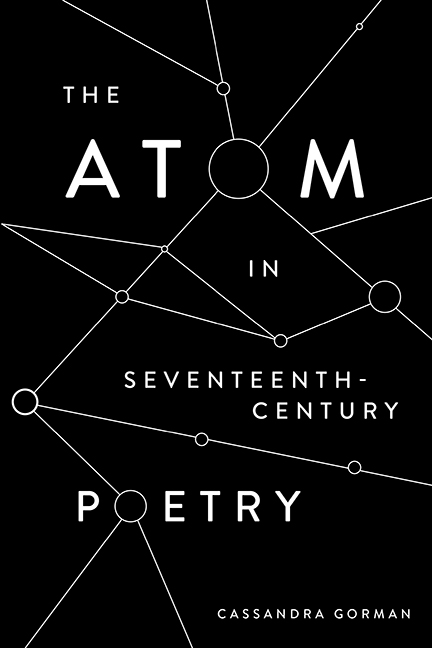
The Atom in Seventeenth-Century Literature
-
- Published by:
- Boydell & Brewer
- Published online:
- 16 July 2022
- Print publication:
- 13 August 2021
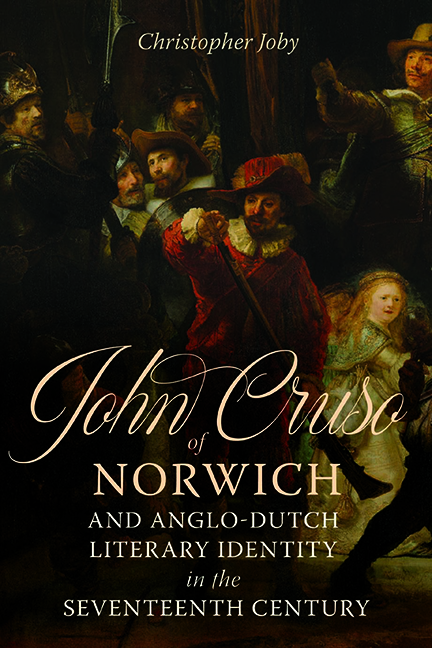
John Cruso of Norwich and Anglo-Dutch Literary Identity in the Seventeenth Century
-
- Published by:
- Boydell & Brewer
- Published online:
- 26 May 2022
- Print publication:
- 07 January 2022
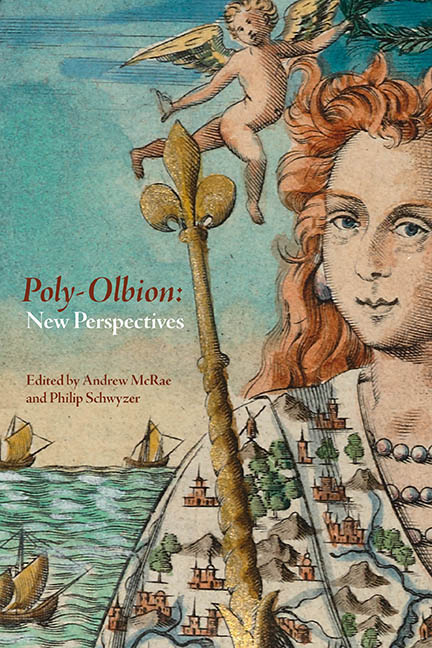
Poly-Olbion: New Perspectives
-
- Published by:
- Boydell & Brewer
- Published online:
- 27 March 2020
- Print publication:
- 21 February 2020

Shakespeare's Ovid and the Spectre of the Medieval
-
- Published by:
- Boydell & Brewer
- Published online:
- 12 October 2019
- Print publication:
- 16 November 2018

George Lauder (1603–1670)
- Life and Writings
-
- Published by:
- Boydell & Brewer
- Published online:
- 07 September 2018
- Print publication:
- 01 September 2018

The Poetry of Kissing in Early Modern Europe
- From the Catullan Revival to Secundus, Shakespeare and the English Cavaliers
-
- Published by:
- Boydell & Brewer
- Published online:
- 11 August 2017
- Print publication:
- 11 August 2017
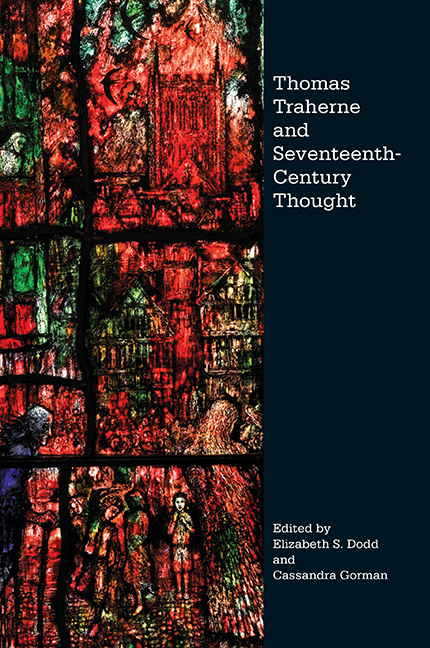
Thomas Traherne and Seventeenth-Century Thought
-
- Published by:
- Boydell & Brewer
- Published online:
- 05 July 2016
- Print publication:
- 16 June 2016

Pain and Compassion in Early Modern English Literature and Culture
-
- Published by:
- Boydell & Brewer
- Published online:
- 05 April 2013
- Print publication:
- 15 November 2012
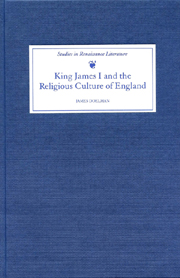
King James I and the Religious Culture of England
-
- Published by:
- Boydell & Brewer
- Published online:
- 05 February 2013
- Print publication:
- 27 October 2000

Allegory, Space and the Material World in the Writings of Edmund Spenser
-
- Published by:
- Boydell & Brewer
- Published online:
- 05 February 2013
- Print publication:
- 20 July 2006

